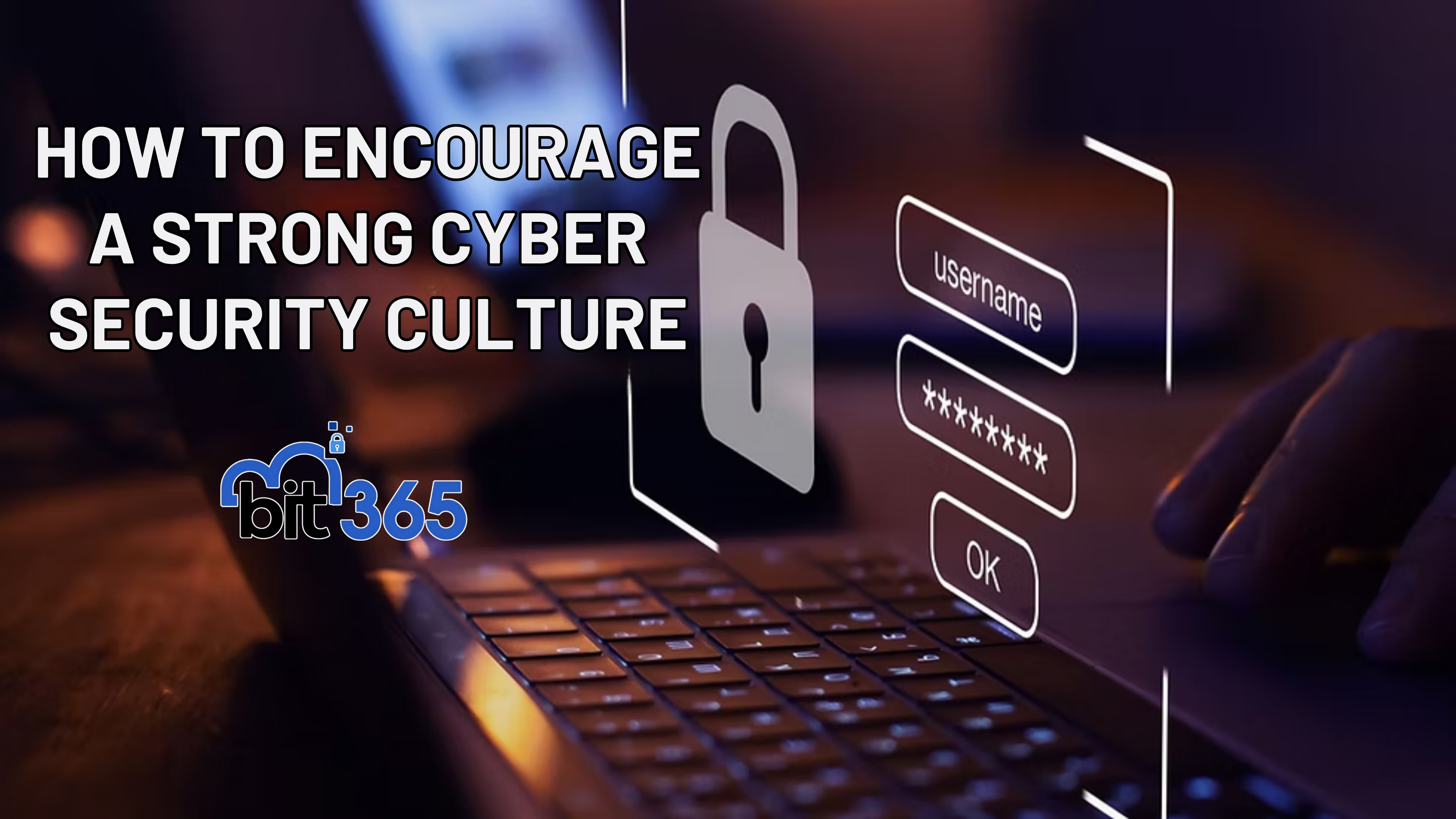
Got IT issues slowing you down? We provide both on-site and remote support across Australia, so help is never far away.
The popularity of Gmail makes it a top target for cybercriminals — especially now that AI-powered attacks are harder to detect than ever. As 2025 unfolds, both individuals and businesses in Western Sydney need to stay vigilant. With Gmail integrated into countless digital workflows (from Google Drive to business payments), a single compromised account can lead to serious consequences.
In this article, we explore the latest Gmail security threats in 2025 and how small business owners in areas like Blacktown, Wetherill Park, Campbelltown, and Parramatta can protect themselves using proven cybersecurity strategies.
Gmail is evolving, and so are the attacks. One of the biggest concerns is the rise of AI-powered phishing emails. These scams don’t just look real — they sound personal. Cybercriminals are now using artificial intelligence to replicate writing styles and create emails that closely resemble trusted sources like banks, clients, and even Google itself.
Additionally, threats like deepfakes, zero-day exploits, and AI-generated malware are becoming more common:
Because Gmail is connected to apps like Google Drive, Google Pay, Chrome, and Google Photos, gaining access to one account could compromise an entire digital footprint — both personal and professional.
Whether you run a consultancy in Parramatta or a trades business in Campbelltown, Gmail likely forms the backbone of your communications, client files, invoicing, or scheduling. A compromised Gmail account could:
And if you’ve granted third-party tools access to Gmail (e.g., CRMs, marketing platforms), your entire digital ecosystem could be at risk.
Most Gmail users — especially in small business settings — make at least one of the following critical mistakes:
As phishing and deepfake attacks grow more sophisticated, these gaps in security can no longer be ignored.
Securing your Gmail account doesn’t require technical expertise — just a few smart habits and tools. Here’s what we recommend:
Avoid using simple, reused, or guessable passwords. A strong password should:
💡 Pro Tip: Use a password manager to generate and store secure credentials.
Two-factor authentication adds an extra layer of protection. Even if a hacker gets your password, they’ll be blocked without your second verification method (such as a phone code or security key).
Enable 2FA via your Google Account settings today. It’s one of the simplest and most powerful ways to reduce your risk.
Over time, your Gmail account may be linked to dozens of apps. Some of these apps may be outdated or no longer in use — and they can become weak points in your security.
If you're a business owner or handle sensitive information, consider enrolling in Google’s Advanced Protection Program. This service offers:
Ideal for high-risk users or businesses who rely heavily on Gmail and Google Workspace.
Technology changes quickly — and so do cybercriminal tactics. Make it a habit to:
In 2025, Gmail isn’t just an email service — it’s a digital hub for businesses and individuals alike. As hackers use AI to launch smarter attacks, staying protected requires a smarter defense.
Whether you’re in Blacktown, Wetherill Park, or anywhere in Sydney, BIT365 is here to help small businesses protect their digital assets. We’ll help you secure your Gmail, review third-party integrations, and implement best-practice email security measures.
👉 Need help reviewing your Gmail security settings?
Book a free security check today

Got IT issues slowing you down? We provide both on-site and remote support across Australia, so help is never far away.
BIT365 offers a full range of managed IT services, including cybersecurity, cloud solutions, Microsoft 365 support, data backup, and on-site or remote tech support for businesses across Australia.
No. While we have a strong presence in Western Sydney, BIT365 supports businesses nationwide — delivering reliable IT solutions both remotely and on-site.
We pride ourselves on fast response times. With remote access tools and on-site technicians, BIT365 can often resolve issues the same day, keeping your business running smoothly.
BIT365 combines local expertise with enterprise-grade solutions. We’re proactive, not just reactive — preventing issues before they impact your business. Plus, our friendly team explains IT in plain English, so you always know what’s happening.
